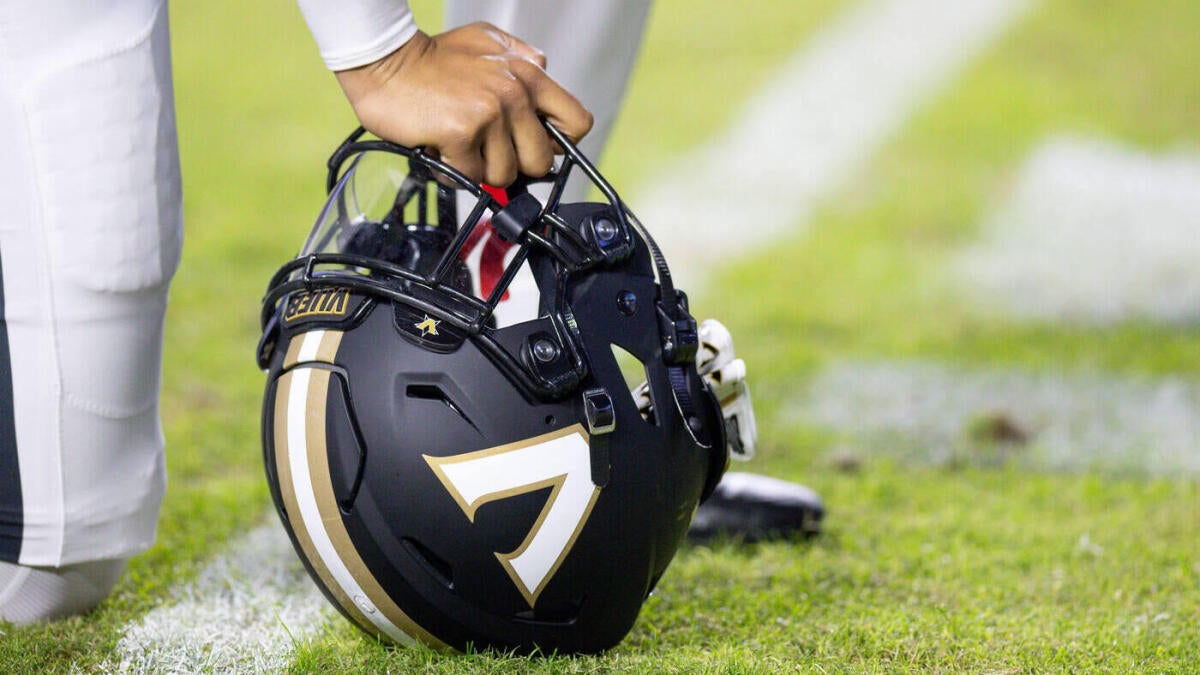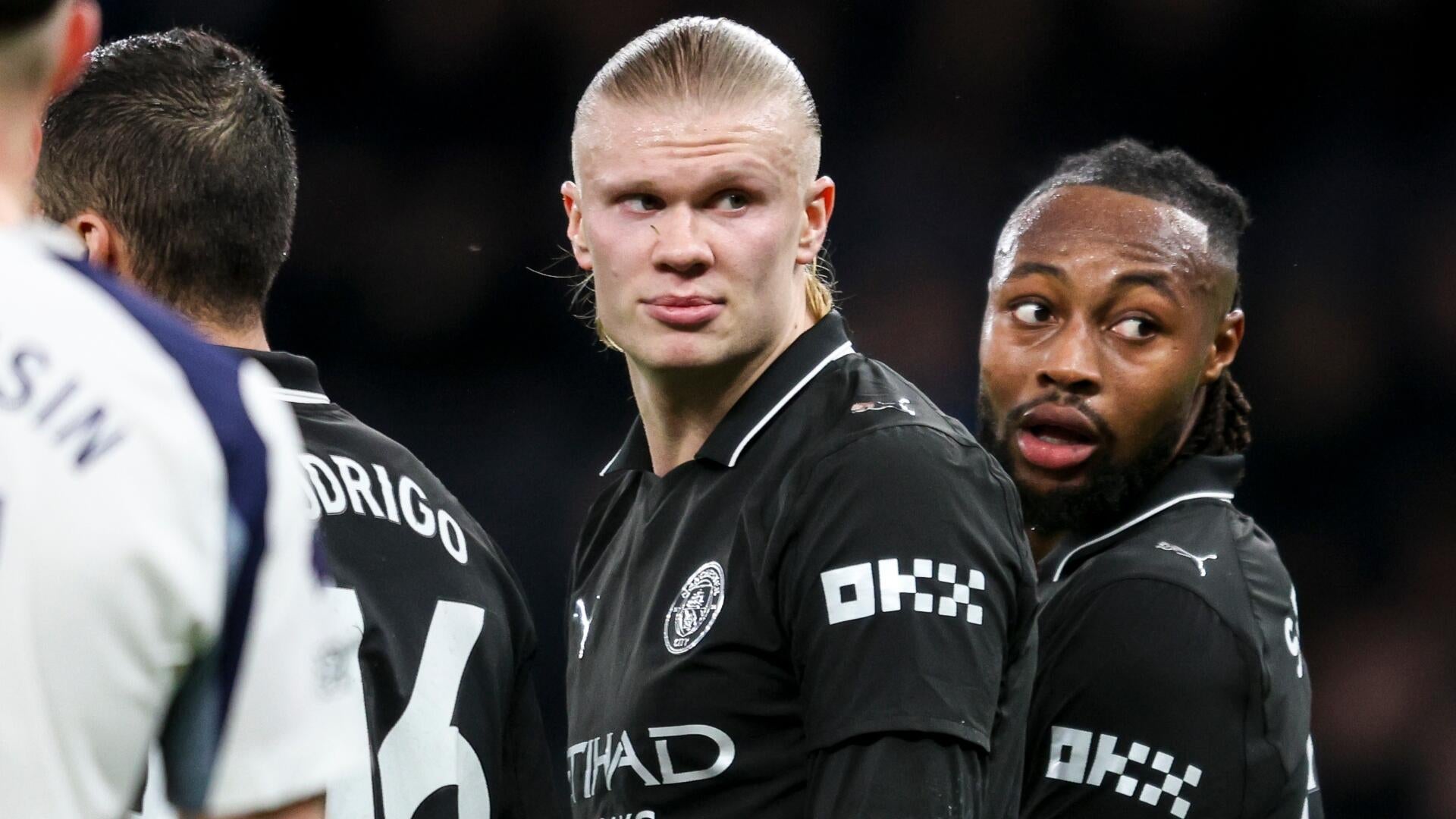

Vanderbilt linebacker Langston Patterson, defensive lineman Issa Ouattara and nearly a dozen other current and former athletes filed a class-action lawsuit against the NCAA to challenge the redshirt rule and potentially pave the way for all players to play in all five years of their eligibility. Former Hawaii quarterback Brayden Schager is also among the players leading the lawsuit.
The NCAA permits athletes five years of eligibility but restricts them to playing in just four, as one of the five years is reserved for the utilization of a redshirt season. The lawsuit accuses the NCAA of violating antitrust laws through the implementation of its redshirt rule, arguing that the requirement to sit out one of the five years limits athletes' ability to earn NIL income.
"We are not challenging the NCAA's rule limiting players to five years of eligibility to play college sports or the concept of a defined eligibility period generally," the athletes' co-lead counsel, Ryan Downton, said in the complaint. "But the NCAA has no basis to prohibit a player who is working just as hard as all of his teammates in practice, in the weight room, and in the classroom, from stepping on the field (or court) to compete against another school in one of those seasons.
"Five years to practice, five years to graduate, five years to play. The NCAA Division II Management Counsel recommended allowing Division II players to compete in all five years earlier this summer. It is time for NCAA Division I to follow suit."
The lawsuit says it is unfair for the NCAA to force athletes to choose between forfeiting their fifth year of eligibility in order to play immediately as a true freshman or sitting out an entire season to have access to a redshirt senior year. Football players may play up to four games and still utilize a redshirt, while athletes in other sports cannot participate in game action.
Vanderbilt is no stranger to eligibility lawsuits. Quarterback Diego Pavia was effectively the movement to seek additional eligibility with his landmark case last year. A federal judge granted Pavia an injunction, allowing him to play the 2025 season despite him having already played five years of college football. The judge ruled that his junior college seasons (2020 and 2021) should not count against his NCAA eligibility, arguing that the eligibility rule was an antitrust violation that limited his ability to capitalize on NIL.
In response to the Pavia ruling, the NCAA issued a blanket waiver to allow junior college transfers to play an extra year -- with one caveat. Players were still subject to the NCAA's five-year eligibility clock, so the waiver only applied to those who had not already played five seasons between the junior college and NCAA levels.
The legality of the eligibility clock itself is in question with the latest lawsuit to come out of Vanderbilt. It was also the subject of a case in April involving Rutgers safety Jett Elad argued his junior college season should not count against the five-year clock. The judge ruled in his favor. Wisconsin Nyzier Fourqurean received a perhaps even more notable preliminary injunction when a judge ruled that his Division II season -- which fell directly under the NCAA's umbrella, unlike junior college competition -- should not count against his eligibility.
Not all eligibility lawsuits have been slam-dunk cases, though. Numerous players saw their searches for additional eligibility denied in the wake of the Pavia ruling. Just weeks before the 2025 college football season opened, a judge denied injunctive relief for USC offensive lineman DJ Wingfield, UCLA wide receiver Kaedin Robinson and San Diego State linebacker Jagger Giles. They went to the courts after the NCAA denied their eligibility waivers in the spring.











-3.png)



